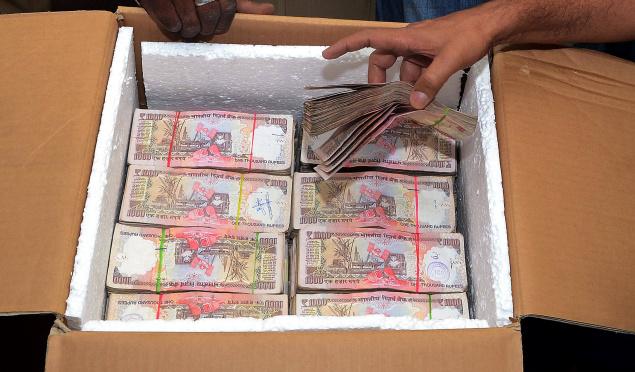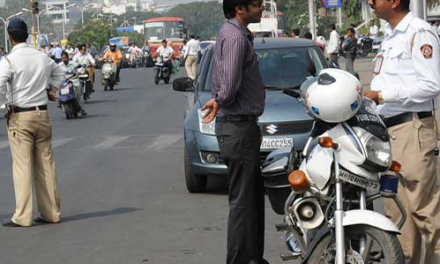
3 post-demonetization scams you should be aware of


Representational Image
An individual’s lack of knowledge or information is often the biggest weapon in a scammer’s arsenal.
Irrespective of how one feels about the demonetization decision, the one thing that is stands out about the implementation is the sporadic policy changes and announcements, which can make anyone feel a tad out of touch with the ‘current rules’.
Amid all this chaos and information overload, a new breed of scammers are trying their luck by specifically targeting the most vulnerable sections of the society. If news reports are an indication, some have even been successful.
Since the best way of tackling potential scammers is by arming oneself with information, here are 3 scams that have been on the rise since demonetization.
1. The new RBI policy
In this scam, the miscreant calls up individuals posing as a Reserve Bank of India (RBI) executive.
He informs the potential target about a ‘new policy’ wherein the RBI has decided to freeze debit/credit cards of certain individuals for safety purposes. Moreover, since RBI has genuinely changed policies from time to time to stay on top of the situation, it’s an easy point to sell.
The caller then creates a sense of panic by claiming that the victim’s card will also be frozen unless some identification related details are confirmed.
After spending a minute explaining how this will benefit card holders in the long run, he proceeds to confirm the victim’s name address, card number and ask for the PIN as a final confirmation.
After receiving the details, the caller informs the cardholder that he would get a verification call in the next 24 hours, following which his card will be not be frozen.
Red Flags:
* The RBI does not call individuals informing them about policy changes.
* RBI has nothing to do with your debit or credit cards.
* No one from the bank will ever ask you to disclose your PIN.
2. Debit Card PIN reset
In this case, the scammer poses as a bank employee and targets a debit card holder.
He informs the potential victim about the alleged theft of debit card PINs post demonetization, because of which the bank is resetting the PIN of all debit cards.
The target is then told that in order for the bank to reset his PIN, they need to confirm his details. The details include everything from name to the card holder’s card and current PIN number.
Once the PIN is revealed, the caller tells the target that he will receive a new PIN within 24 hours.
Red Flags:
* Bank employees will never ask you to disclose your card and PIN number.
* Debit card holders can reset their card’s PIN number anytime themselves.
3. Old to New note conversion
There’s no saying how common this new scam is since it specifically targets individuals with black money, who are often unwilling to approach authorities.
In this case, the caller poses as a currency disbursement executive of a financial services company and offers to provide an ‘exchange’ service.
The caller first informs the potential victim about demonetization and explains how it has inconvenienced many genuine businesses which need cash for their day to day operations.
He then informs the target about their company’s new service wherein they exchange old currency for legitimate businesses for a certain fee.
Since the call is intended for individuals who are desperate to get their their unaccounted money in old currency exchanged, it’s easier to trap them by providing the service cheap.
The caller will also provide references of other businesses they have worked with, pretend to limit the exchange amount for first time customers and ask for basic documentation to add a touch of authenticity and seal the deal.
Red Flags:
* No financial service company is authorised to exchange old notes.
* Large sums can only be deposited in banks.
* Exchanging old notes via illegitimate means is still akin to money laundering and illegal.
Needless to say, if you have encountered any of these scams or know someone who has, it’s imperative you inform the relevant authorities at the earliest possible.












